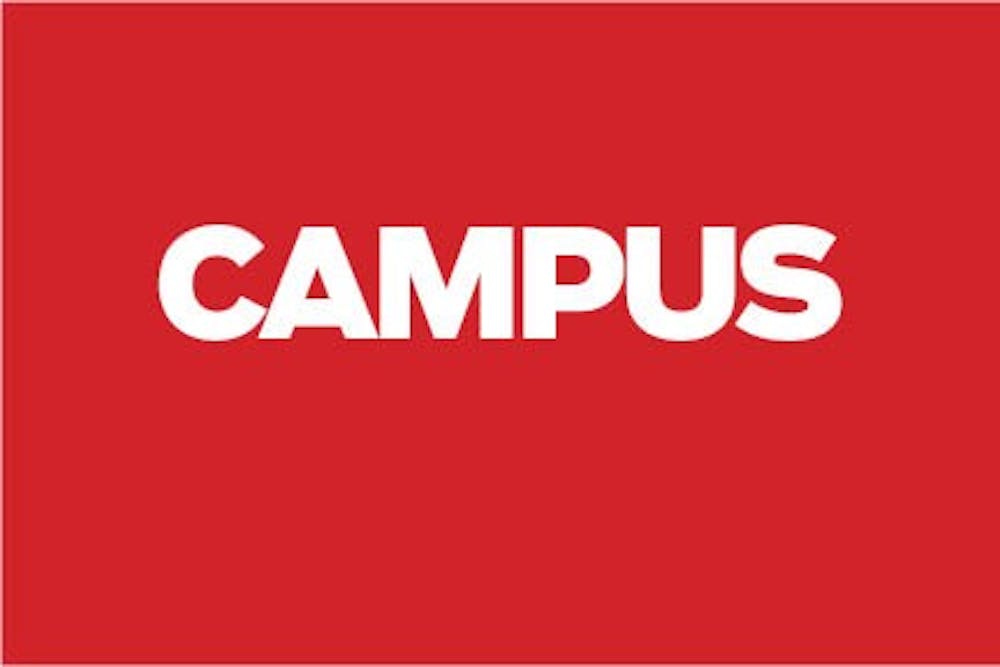The School of Public and Environmental Affairs’ reputation is in danger, said graduate student Ben Weise.
The Charles Koch Foundation has supplied a $210,000 grant extension to Doug Noonan, a professor at the IU-Purdue University Indianapolis branch of SPEA. The grant was provided to further Noonan’s Political Economy and Environmental Research Initiative, which has been in progress since 2014.
Koch Industries, Inc., a multibillion dollar corporation, is led by Charles and David Koch. Although their company has stakes in several industries, including oil, finance, farming and energy, the Koch brothers are known for contributing billions of dollars to support their conservative political interests.
The family also funneled funding into groups and initiatives that find evidence to support climate change denial. Although Weise trusts the peer-review process and does not doubt Noonan’s abilities and integrity, he said he fears the money’s ties to the Koch brothers may tarnish and discredit Noonan’s research.
“It’s the leadership’s job to step in and say this isn’t right,” Weise said. “We are fighting for the ethics of the situation — I have requested for our school to return the unspent money and make the gifts and grants process more transparent.”
Weise, along with fellow graduate students Brett Wiley and Andy Braden, began an online petition for the administration to address these concerns. The document, which has currently garnered nearly 200 supporters from SPEA alumni, students and other concerned parties, aims to bring change and reform to the research funding process.
“If SPEA needs more money, though, then we should be getting it from Gov. Pence and the state of Indiana, who cut higher education funding while sitting on a $2 billion surplus from Indiana taxpayers,” Wiley said.
Wiley came to SPEA because he strongly believes in its slogan, “Lead for the Greater Good,” he said. Wiley added the school isn’t acting accordingly by accepting money from an organization that publicly undermines what the school stands for.
The $210,000 addition to Noonan’s PEER Initiative, which places an emphasis on environmental policy topics and analysis and issues in governance, is a continuation of a grant that had been awarded previously. According to his online resume, Noonan’s four-year project has received a total of $705,000 from the Charles Koch Foundation.
The group also gave Noonan funding for four other projects, in which he took the role of principal investigator. The amount of money he has accepted from the Charles Koch Foundation totals $832,500.
“It doesn’t surprise me that some people are concerned,” Dean of SPEA John Graham said. “This reaction is not new — students and people in the general public have lots of energy for activism, and that’s a good thing. It’s our job to be transparent about this.”
Graham said the Koch Foundation has awarded grants to more than 300 universities. It is completely removed from their political endeavors, Graham said.
“Our goal is to support those who seek to advance an understanding of how free societies provide people the greatest opportunity to improve their lives,” said John Hardin, director of university relations at the Charles Koch Foundation.
Hardin encourages students who are wary of the Koch name to learn more about the scholars and their work before making assumptions about potential biases, he said.
“Institutions such as the Massachusetts Institute of Technology have accepted millions of dollars from the Kochs, both as individuals and as a foundation,” Graham said. “I am not aware of any detriment in their reputations.”
SPEA has worked to disclose any sources of external funding if the amount reaches $10,000. Detailed University guidelines on sponsored research are available online and are updated yearly, as are a list of corporations, organizations and agencies that have funded faculty research.
The agreement to accept grants is also not made on behalf of the school, but rather by the faculty conducting the research. Graham said the money can come from sources of all backgrounds, but what is most important is the peer-review process that ensures the legitimacy and lack of bias in the research.
“Over the years, we have seen research being funded by countless groups, and this is a situation that is no different,” Graham said.






